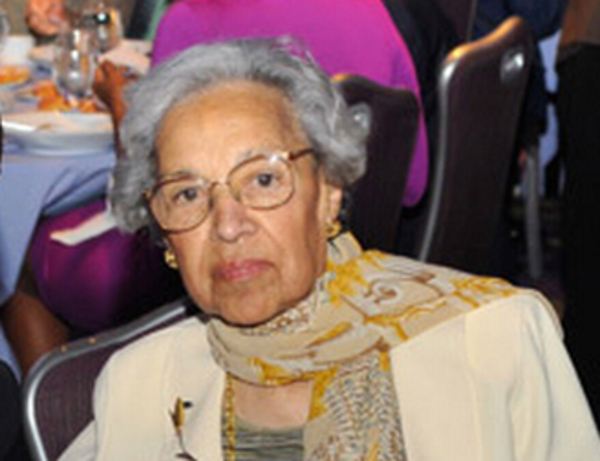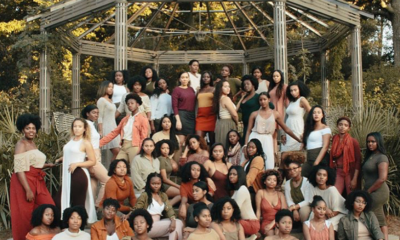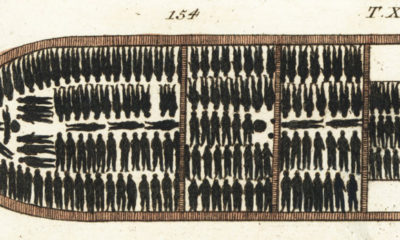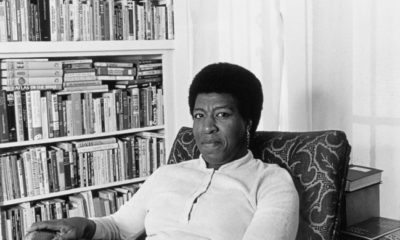Butterflies in Education
Meet Loise Dickson Rice – The African American Woman Instrumental in the Creation of the Pell Grants
So many students have been privileged to complete their college education courtesy of Pell Grants, which are funds provided by the federal government to those who’re actually in need. Unlike student loans, beneficiaries of Pell Grant aren’t required to pay back.
Pell Grants have been referred to as “the cornerstone of African American higher education.” According to a 2011 study report by Mark Kantrowitz, a nationally reputable expert on student financial aid, scholarships, and student loans, the portion of Pell Grants channeled to Black students stood at 46.3%. The grant got its name from Democratic Sen. Claiborne Pell from Rhode Island, who was the chief sponsor of the revolutionary program. The program was developed and promoted by Lois Dickson Rice, a daughter of Jamaican immigrants.
Not so many people know about Rice and her great achievements. If you read her obituary in the New York Times, you’ll learn so much about some of her extraordinary accomplishments. When Rice died, Pell’s grandson Clay Pell IV, who formerly served as deputy assistant secretary of Education, said, “This program was not inevitable, and it would not have come into existence without her, nor survived in the decades since without her passionate advocacy.” Knowing about the great things Rice achieved shows, without any twinge of doubt, that she’s among Black history’s hidden figures.
Rice, an accomplished businesswoman, realized such achievements at a time when such feats were rare, more so for Black people, worse still for Black women. She served in several companies as the board director, including McGraw-Hill and Firestone. Rice also served with Control Data Corporation as a senior vice president and would in 1959 join the College Board.
It’s during her tenure at the College Board that she fronted the idea of Pell Grant, further helping to develop the program to an implementable degree, a program that would later work to help millions of students from low-income families to get a college education.
Looking at her achievements, Rice definitely deserves an honored place in the echelons of African American respected figures. She deserves this, not only because of her personal achievements, but also for the Pell Grant program that has worked to open educational doors for many African Americans.
With this being Black History Month, there is no better way to honor her than to give her notable mentions whenever we’re talking about people who’ve tremendously contributed to the betterment of the lives of Black people.




























